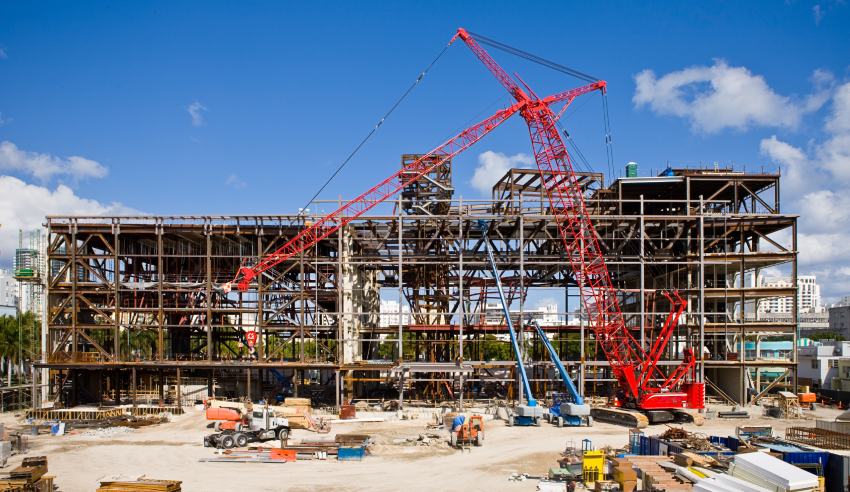The skills shortage demands Australian construction companies to be resilient and ride out the waves of business risk, writes Paul Garth.

It’s no secret that Australia is struggling with a skills shortage. COVID-19 has exacerbated the scarcity of skilled workers, an issue that Australia had been struggling with for years. The last 18 months have seen international workers exit the country in droves whilst strict lockdowns inhibited residents’ ability to work. Indeed, when borders closed in March last year, 500,000 temporary skilled migrants left Australia.
There’s also the concern that aging workers due to retire soon will further compound the shortage of skilled workers in the industry. Additionally, despite the industry facing huge demand in terms of work, construction is still operating across the states under strict COVID-19 rules, and projects have been interrupted by lockdowns.
In-house lawyers in the construction industry have an important role to play in ensuring the market remains fruitful and their businesses make the most of the booming market. They know the business well, being embedded at the core of the company, and are responsible for helping the business overcome changes such as skills shortages and mitigating their consequences.
The construction industry needs in-house legal teams to manage the crisis and ensure the rest of the business can invest in developing staff and attracting overseas talent, so they can fulfil the demand for projects they’re currently struggling to meet. In-house lawyers can balance and navigate the regulatory aspects of this along with the costs associated with it.
However, budgets at construction companies may be tight, meaning the in-house legal team will be sparingly resourced and could struggle to employ the legal expertise needed. This hasn’t been helped by the fact that in recent years, in-house legal departments across all sectors have been expected to do more with less.
There is a solution for construction companies that need the knowledge and expertise of in-house lawyers but can’t afford to hire them on a full-time basis. Freelance lawyers have the flexibility to jump in to support in-house legal teams from day one. They don’t need an induction and are cost-effective because it cuts out the usual costs of employing a permanent member of staff.
Because freelance lawyers are used to working on a variety of projects (given the nature of the job), they have wide-ranging expertise, resilience and flexibility to work in high-pressure environments to tight deadlines. Freelance lawyers can help support the business in plugging the skills gap, without weighing them down with extra time and money.
The skills shortage demands Australian construction companies to be resilient and ride out the waves of business risk. An in-house legal team with the right support where needed helps a business remain as profitable and protected as possible in this tough economic environment.
Paul Garth is an account director at Pinsent Masons Vario.